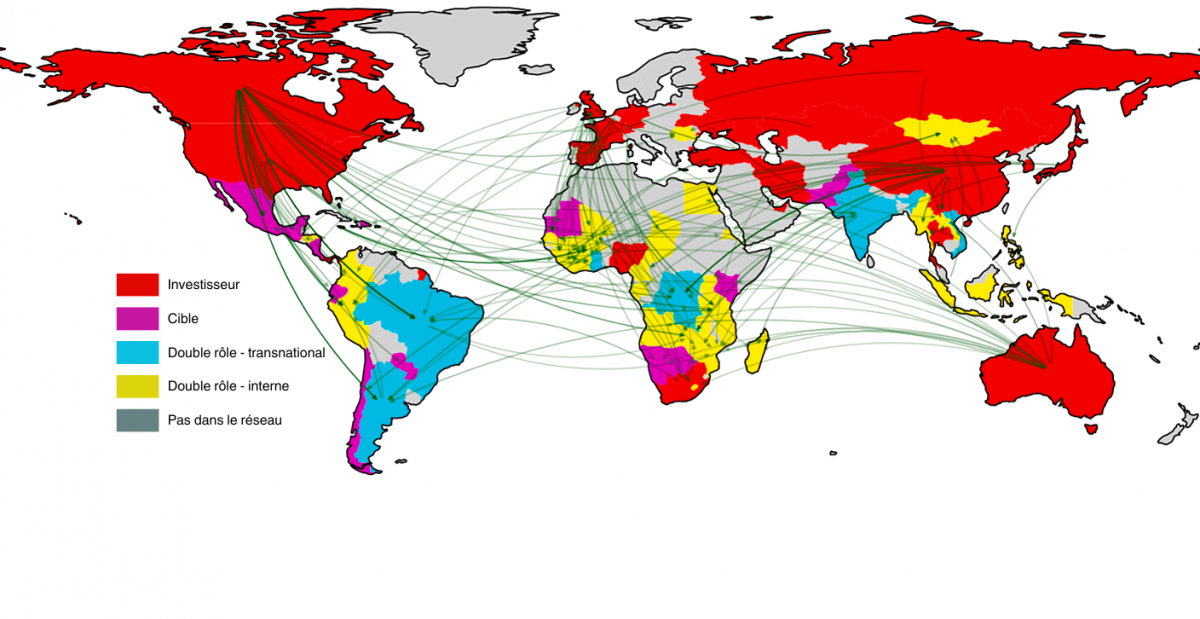Mining resources, the inconvenient truth
of the “ecological” transition
of the “ecological” transition
Résumé de l’article :
By 2035, the International Energy Agency predicts that $48 trillion will need invested to meet global energy needs, with at least half of these amounts needed to be funneled into renewable electricity sources and energy efficiency efforts. The energy transition is an important dimension of a global climate change mitigation strategy. Using open data on transnational mining deals from the Land Matrix Initiative, we display the current transnational mining network with patterns of concentration and new forms of dependencies between investing and target countries.
Using different global development metrics, we also characterize the context within which the mining network is embedded in. Beyond geopolitical concerns and the reconfiguration of power relations in international arenas, the energy transition raises issues of environmental justice. In this study, we clearly display distributive injustices with inequitable distribution of costs, with target countries supporting most of the social and nvironmental costs of resource extraction in areas marked by land and food insecurity and instability in terms of governance.
Noms des auteurs : Jérémy Bourgoin, Roberto Interdonato
Nom de la revue : World Development Perspectives
Plus d'information :
Accès au jeu de données :
Le réseau commercial des terres minières, où les pays sont colorés en fonction de leur rôle sur le marché : uniquement investisseurs (rouge), uniquement cibles (magenta), pays à double rôle (cyan), double rôle uniquement pour les transactions internes (jaune) © Bourgoin J. et al, 2024, World Development Perspectives
Dernières actualités
-
 20 novembre 2024
20 novembre 2024Les 30 ans de la MTD
-
 23 juillet 2024
23 juillet 2024Moustiques localisés
-
 22 juillet 2024
22 juillet 2024Déforestation au Suriname




